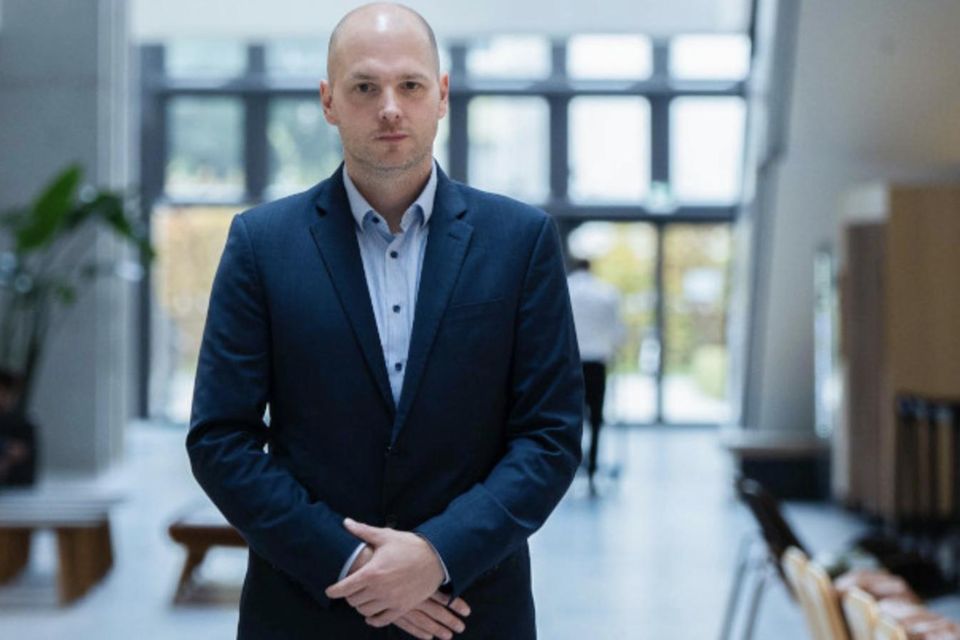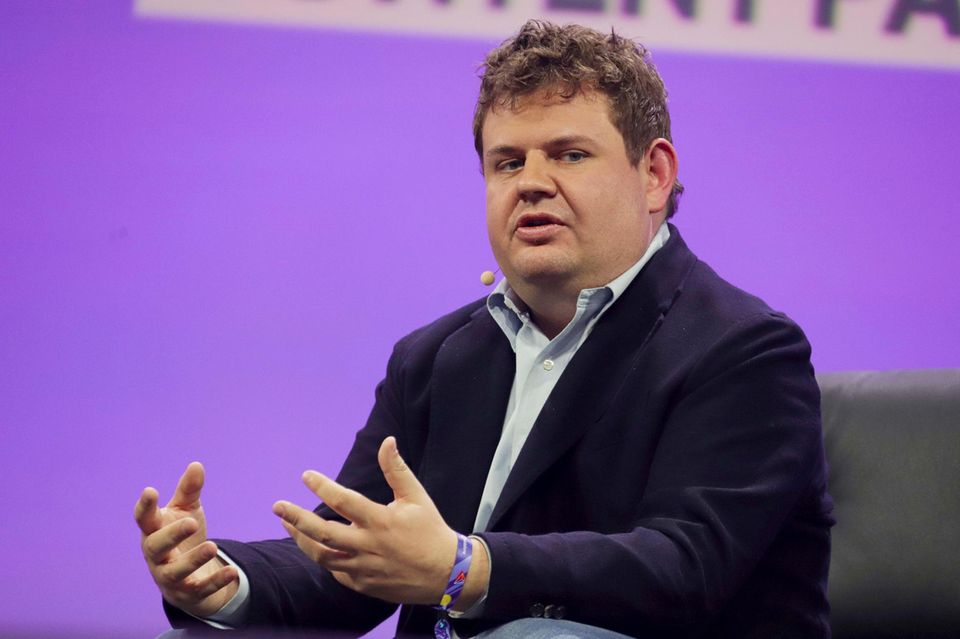AI superstar: What OpenAI plans to do with its Munich office

What is OpenAI and where does it want to go? The debate about the clear AI market leader has been simmering for months. Now the first office in Germany is opening. Time for a briefing with ChatGPT Product Director Nick Turley.
Where exactly the first German OpenAI office in Munich will be located? That's generally not disclosed. The number of corporate customers in Germany? Sorry, that's not broken down by country. Okay, but at least how many employees will the office in the Bavarian capital have? That, too: classified. Well, a few hours later, the information is provided. It's "over ten employees."
At least when it comes to its extremely sparse communication flow, OpenAI has long been operating like a completely normal US big tech company. On the occasion of the opening of its new Munich office, its twelfth worldwide, the world's most important AI company presented itself to a few German journalists this week. And it quickly became clear: With such tight control over the narrative and the information to be released, OpenAI fits seamlessly into the ranks of long-established American tech companies notorious for similar narrow-minded PR.
Is OpenAI a completely normal company or not? It's a question that has been troubling the company itself for months. Recently, CEO Sam Altman, who had long wanted to push for a complete transformation into a for-profit company , seemed to have given in: OpenAI will remain committed to being a non-profit.
OpenAI's target: German industryWhat is undeniable, however, is that the company, recently valued at $300 billion, is now under a certain amount of pressure to make money. Training and operating the language models costs enormous sums, and investors have been pouring in unimaginable amounts for years. Most recently , $40 billion was invested by investors , led by the Japanese tech giant Softbank.
ChatGPT product manager Nick Turley at the OMR conference in Hamburg a few weeks ago. He joined OpenAI in 2022.
© ABBfoto / Picture Alliance
This is also the context of the company's expansion into the German market, which will now be driven by a dedicated office in Munich. The company's target audience is corporate clients, who are promised immense efficiency gains through the use of OpenAI products – and who, in return, are expected to help achieve dramatic increases in revenue, not just costs.
OpenAI claims to have already gained two million paying business customers globally last year. According to several reports, revenue is expected to triple to $12.7 billion this year. Germany is already among the top three countries with the most paying corporate customers outside the US. Examples include the Sparkassen-Finanzgruppe, the online retailer Zalando, and the heating manufacturer Viessmann.

But industrial customers are also interesting to OpenAI for another reason, as Nick Turley, ChatGPT's German product manager, explains in an interview with Capital. They are very interested in "getting real-world examples from industry where our AI could solve problems, but perhaps can't yet." Such real-world problems are necessary for further developing AI – because the tasks posed to AI in an academic context have "essentially been exhausted."
Turley: Germany has a cynicism problemContrary to what is sometimes portrayed in public, the German economy is comparatively advanced in the adoption of AI. "Adoption is great, the interest is there," claims Turley. The top developer also praises the scene of German AI start-ups: "We are impressed by the start-up ecosystem in terms of use cases." This apparently does not refer to the former AI flagship Aleph Alpha , which had to abandon its plan for its own basic model last year. Accordingly, Turley also recommends concentrating on the application side - "simply because the development of the basic models is incredibly capital-intensive and also inefficient for everyone to have to do it." Which, of course, is still a reasonable recommendation from OpenAI's perspective as the model market leader.

Turley is convinced that Germany has enough talent, plenty of know-how, and the "will and entrepreneurial spirit." What's missing to build truly globally successful AI companies on this basis is a change in mentality: Turley calls for "a little less cynicism" in Germany, a more optimistic, optimist spirit of optimism.
At least, this is already the case with Bavaria's Minister of State for Digital Affairs, Fabian Mehring. In a press release released in advance, Mehring is quoted as saying that with the OpenAI settlement, Bavaria is "deliberately developing into Europe's digital powerhouse," and Munich is even "developing into Germany's tech capital."
A research laboratory with productsIn the new office, Turley says, visitors quickly realize, just as they did at the San Francisco headquarters, "that you're not in a normal company." For him, working at OpenAI feels "more like a university , where you meet people who aren't pursuing a commercial project but are pursuing a research interest."
And the current disputes about direction, the pressure to make money, can all of that really be simply ignored? No, Turley admits, "you can't completely ignore that, and no one does." Nevertheless, it was always clear to him: "Revenue was never an end in itself for us." It was always about the mission: to ensure that AI (AGI) equal to humans benefits all of humanity.
So, what is OpenAI today? A selfless endeavor for the benefit of the human species? Or just regular Big Tech? "We're a research lab," Turley replies, "that also offers products."
capital.de





